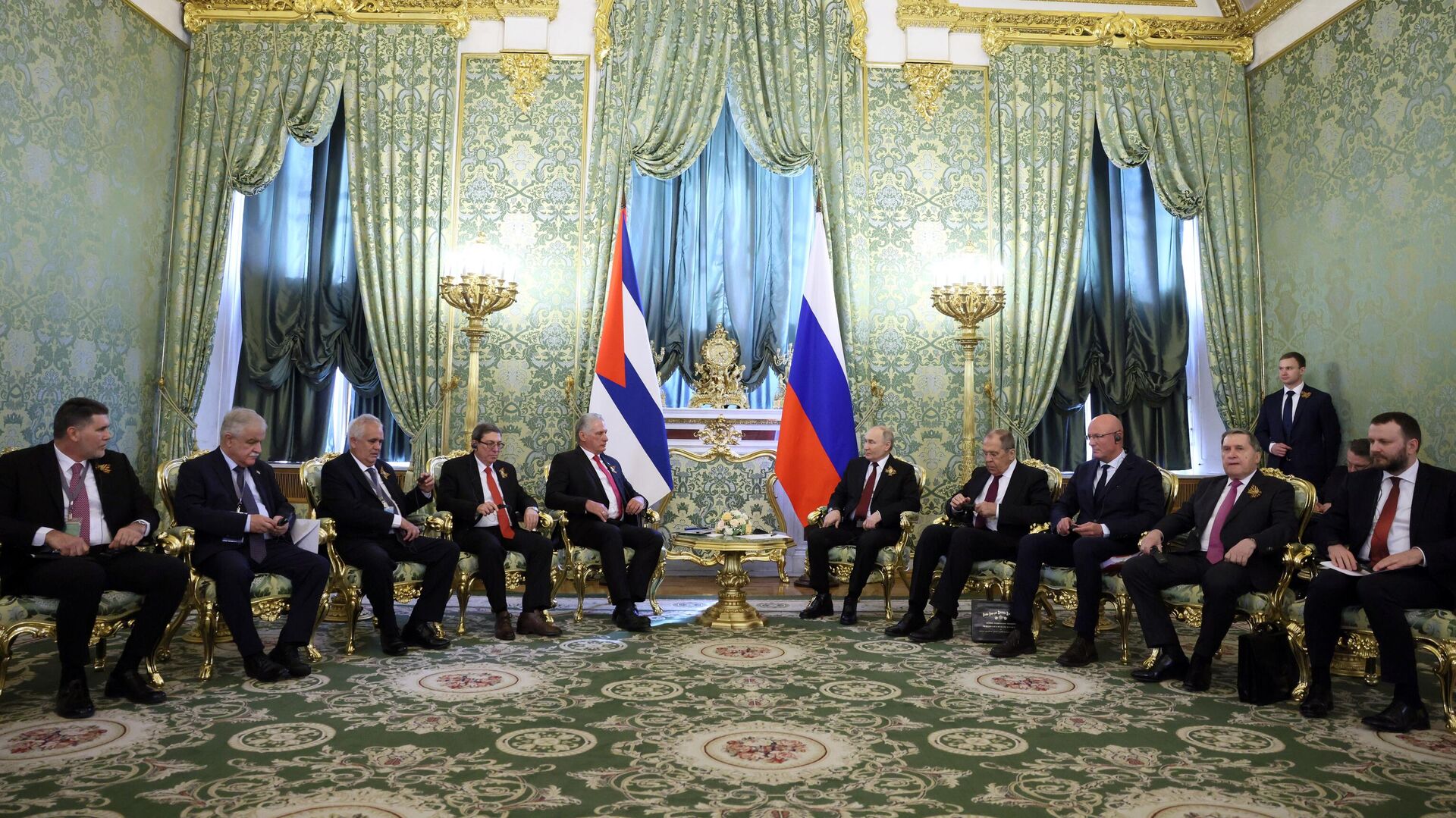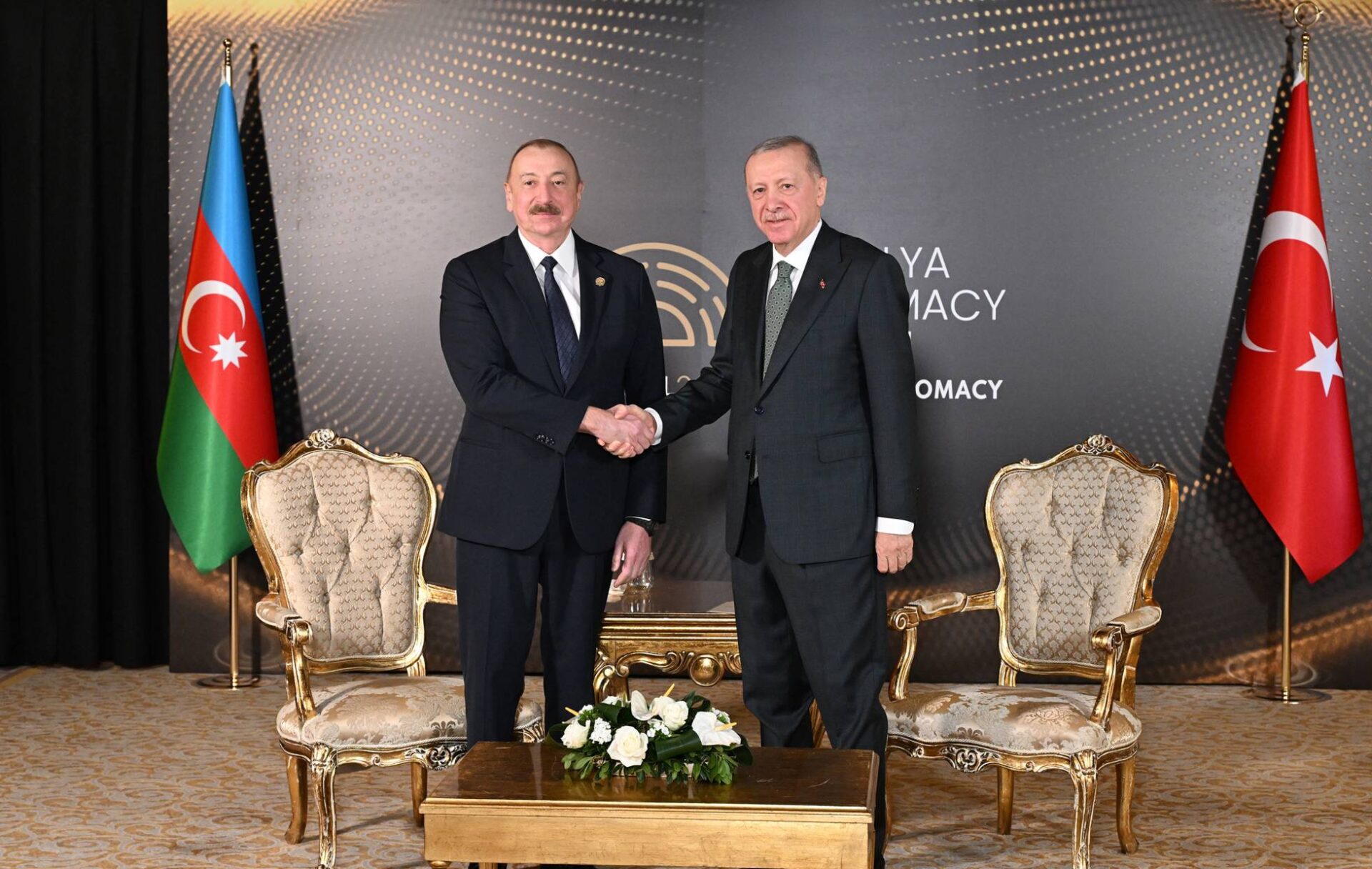
Russian Suspension of Plutonium Agreement With US: An Excuse for Extracting New Concessions
Russian Suspension of Plutonium Agreement With US: An Excuse for Extracting New Concessions
On Wednesday, October 19, the Russian Duma almost unanimously approved the bill, proposed by President Vladimir Putin on October 3, on the suspension of the plutonium disposal agreement with the United States (TASS, October 19). The original agreement was signed in 2000. It obliged both sides to draw down their excessive weapons-grade plutonium stockpiles—in particular, through the production of mixed-oxide fuel (MOX) for nuclear power reactors, its conversion into a non-weapons-grade form, or burial. The two signatories each pledged to dispose of 34 metric tons of plutonium. Until now, Russia had been processing its weapons-grade plutonium into fuel for nuclear power plant reactors (TASS, October 3).
The plutonium disposal deal was certainly not the most important Russian-US agreement in the nuclear field. But upon its suspension, Moscow also delivered a series of rather serious ultimatums to Washington. The Russian government declared that the agreement can only be resumed if the US agrees to certain pre-conditions, which extend to all areas of dispute in the two countries’ relations. In particular, the Kremlin has demanded the reduction of US military infrastructure and troops on the territory of countries that joined the North Atlantic Treaty Organization (NATO) after October 1, 2000. Additionally, Russia called for the repeal of the Ukraine Freedom Support Act of 2014 together with the Magnitsky Act, the latter a bipartisan bill passed by the US Congress that seeks to punish Russian officials responsible for the death of Russian lawyer Sergei Magnitsky in a Moscow prison. The United States also must lift all its sanctions against Russia and pay compensation for the economic damage they have caused. Furthermore, Moscow called on Washington to pay compensation for the damage inflicted on the Russian economy from the so-called “counter sanctions,” which the Russian government imposed itself against the US (TASS, October 14).
Several reasons suggest why the Kremlin decided to suspend the 2000 plutonium agreement at this time. On the one hand, considering the mounting tensions between Russia and the US against the backdrop of the failed Syrian truce deal, Putin presumably wanted to remind Washington that any bilateral military confrontation would be between two nuclear powers. But on the other hand (sharp rhetoric notwithstanding), Moscow is apparently not yet ready to risk abandoning the most important nuclear disarmament treaties it remains a party to—the Intermediate-Range Nuclear Forces Treaty (INF Treaty) and the Strategic Arms Reduction Treaty (START). Withdrawal from the INF Treaty would open the way for massive deployments of US warships armed with cruise missiles to the Baltic and Black Seas. And an exit from START would allow the US to halt or even reverse the reduction of its nuclear warhead delivery vehicles. As of the start of this year, the US had 762 delivery vehicles, while Russia had only 526 (State.gov, January 1).
The US-Russian agreement on plutonium disposal originally came about as the two countries were abandoning the bipolar nuclear standoff and significantly reducing their nuclear arsenals. As a result, both states were left with excessive stockpiles of weapons-grade plutonium. And as Moscow and Washington moved away from seeing each other as their greatest threat, they refocused on addressing issues of global nuclear weapons proliferation. Ridding their stockpiles of excess plutonium became a key element of nonproliferation efforts. But Russia’s recent suspension of the plutonium agreement marks an acute return to a mutual nuclear deterrence posture.
The remaining stockpiled plutonium that both countries were supposed to dispose of would allow Russia and the US to produce 17,000 new nuclear weapons (State.gov, March 22, 2012). Moscow’s formal reason for its withdrawal from the agreement was that Washington rejected the idea to burn its excess plutonium, deciding to bury it instead. Russia charged that this disposal process would allow the US to extract and re-use the buried plutonium to rapidly manufacture new nuclear weapons (TASS, October 19). Consequently, Russia declared that it needs to store tons of surplus radioactive material as its own contingency plan. But the Kremlin’s claims were flimsy. According to the START treaty, Russia and the United States are each limited to only 1,550 warheads. Even assuming that Washington might try to use its stockpiled plutonium to manufacture additional nuclear weapons in a crisis, it would simply not have sufficient time to produce new delivery vehicles for those warheads. Clearly aware of the illogical nature of its claims, the Kremlin decided to supplement them with the argument that there has been a “fundamental change” in the strategic stability between the two countries.
And here, it is particularly useful to take another look at the list of concessions the Kremlin demands of the White House in exchange for Russia returning to the 2000 plutonium disposal agreement. At first glance, the sheer breadth of these demands would suggest that no meaningful bilateral negotiations are possible in principle. However, Putin’s ultimatum to the US is a rather curious document that reflects the thought process of the Russian leader. As this long list of demands underlines, Putin does not cling to any specific or absolute values. Rather, he seems to believe countries make claims on each other solely to have something to bargain with. Any issue can be used as a bargaining chip. Only this kind of mindset can explain why the Russian government would ostensibly attribute the same level of importance to nuclear non-proliferation efforts, the deployment of US troops in Europe, and the Magnitsky Act, which places travel sanctions on Russian officials guilty of the murder of a man in prison. Only bound by such logic could Russia have earlier responded to the Magnitsky Act with a law banning Americans from adopting sick Russian children, effectively condemning many of them to an untimely death. This kind of negotiating strategy thus repeatedly transforms other people’s suffering into a bargaining chip for the Kremlin.
Hence, it is no coincidence the current aggravation of US-Russian relations is occurring in parallel with Moscow’s active support for the Syrian government’s offensive against Aleppo (see EDM, October 6, 13). And while US officials claim that their main objective is to stop the bloodshed, Russia is implicitly making the case that to end the bombing of Aleppo, Washington will have to make additional concessions to Vladimir Putin.


